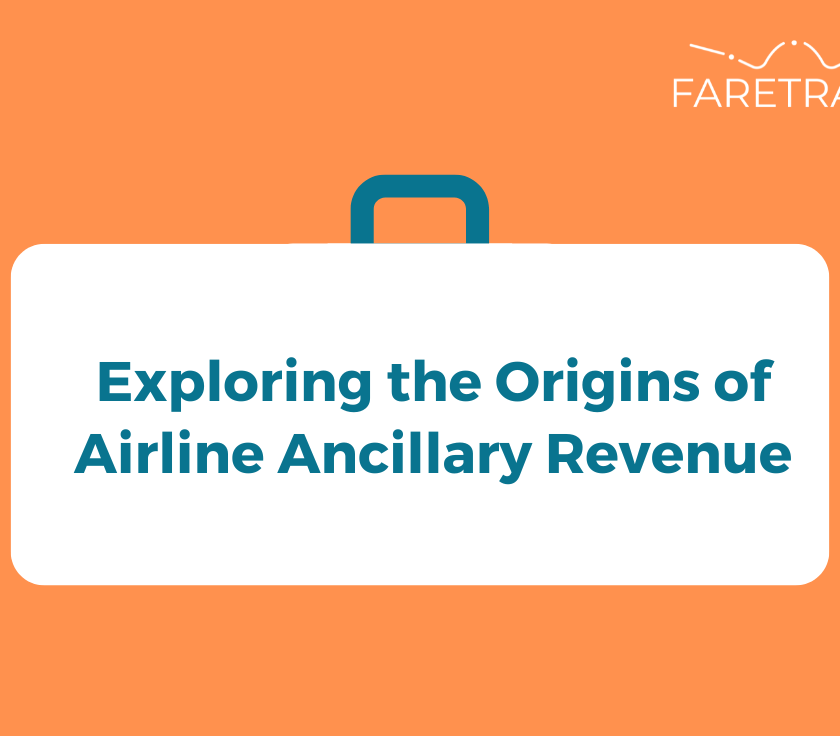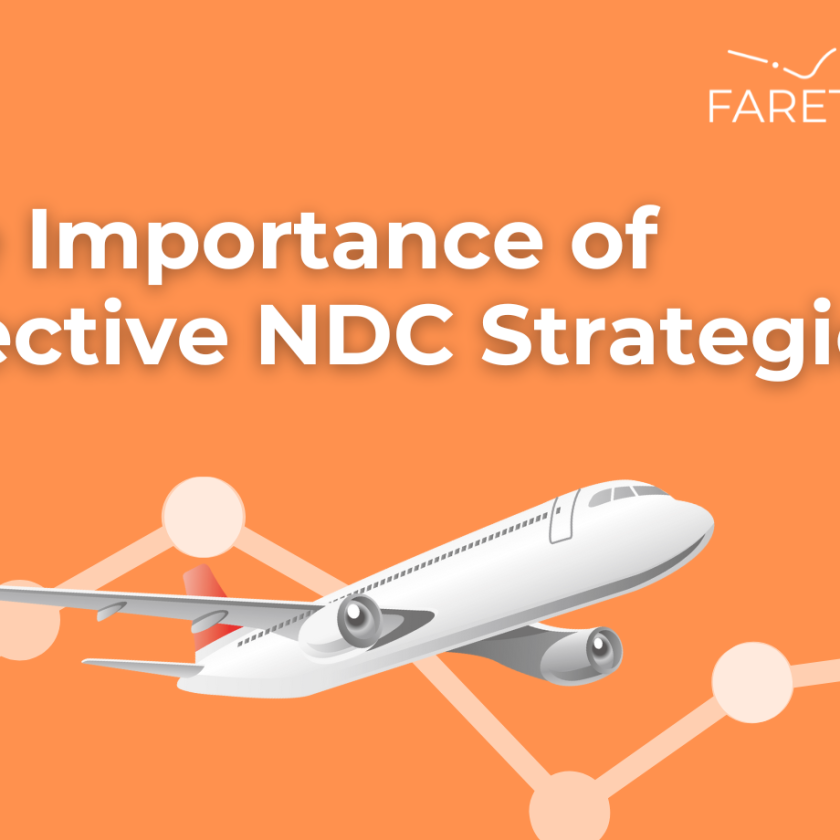Customers choose flights for many reasons, including meals, entertainment, and baggage allowance. So will the eco-friendliness of a flight be a new consideration for airline revenue managers?
Since the end of 2021, Google Flights have been reporting the carbon dioxide emissions estimate for each flight – so it is now a readily available and visible element of passenger itineraries. With Google pulling focus on the subject, travellers can now actively choose flights with less polluting features. As a result, Google search data shows that eco-friendly travel options have increased more than ever.
A focus on sustainability is not only about doing good for the environment— it’s also about intelligent business. In a world where consumers are increasingly aware of the impact of their spending habits, it presents an opportunity for airline revenue managers to capitalize upon.
In a recent survey by Booking.com, 83% of global travellers believe that sustainable travel is essential, with 61% saying that the pandemic has made them want to travel more sustainably.
However, for now, it appears that travellers continue to prioritize ticket price and connections over sustainability in flight booking decisions.
Why is this? One reason could be that no airline has yet built a business system or brand promise on sustainability. Another contributing factor could be that post-pandemic travellers are less worried because they have been flying less frequently.
While the stats show that most travellers see it as less of a priority currently, nearly 40% are now willing to pay at least 2% more for carbon-neutral tickets. Attitudes vary depending on the country, however. For example, 60% of travellers in Spain were willing to pay more for carbon-neutral flights, whereas in Japan, it was just 2%.
Given consumers’ growing awareness of sustainable spending, it would appear that sustainability could become an essential element of revenue managers’ strategies sooner rather than later.




